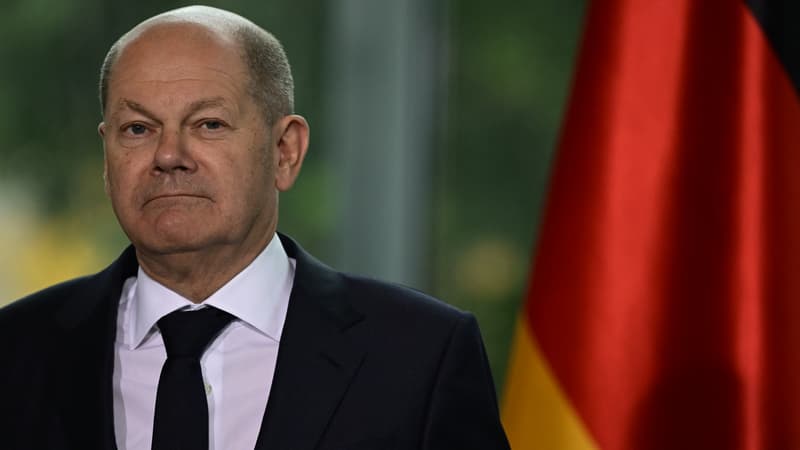German Chancellor Olaf Scholz firmly rejected any “global fossil fuel renaissance” at COP27 in Egypt on Monday. “There must not be a global renaissance of fossil fuels. And for Germany, I say: there will not be either,” said Olaf Scholz, whose country is one of the main European emitters of greenhouse gases, during the climate summit in Sharm el-Sheikh. . gases
Maintain coal phase-out target by 2030
The Russian invasion of Ukraine and its repercussions on German energy supplies prompted Berlin to temporarily reopen coal-fired power plants. But it is, Olaf Scholz assured, only a “brief period”. “We are determined to get out of coal,” said the Social Democratic chancellor, at the head of a coalition formed with the Greens and the Liberals. The German government has decided to extend the activity of several coal-fired power plants until the spring of 2024, but the goal of abandoning this energy in 2030 remains valid.
For Olaf Scholz, the transition to renewable energy “is not only a climate, economic and environmental imperative”, but also “a security imperative” illustrated by Germany’s energy dependency on Russia. “All this makes the central task of our time even more urgent, which is to limit global warming to 1.5 degrees,” argued the German leader, who aims “by 2045” at carbon neutrality for his country.
A “global shield against climate risks”
The German leader also noted that developing countries, which pollute less but are often more affected by the consequences of global warming, “rightly called for more international solidarity.” “We are ready to give them even greater support,” he said, promising that Germany would increase its contribution to the fight against global warming by 2025 to 6 billion euros a year, up from 5.3 billion in 2021.
Source: BFM TV


